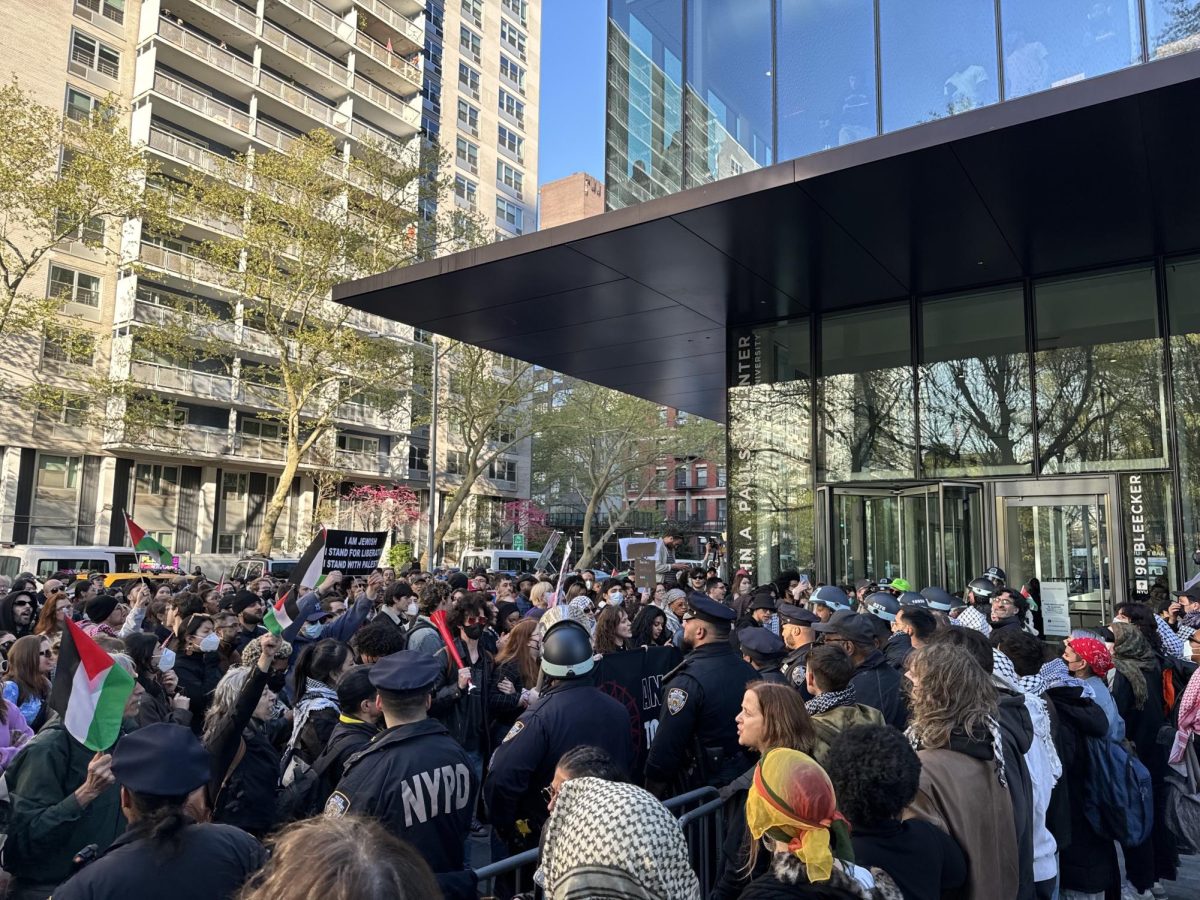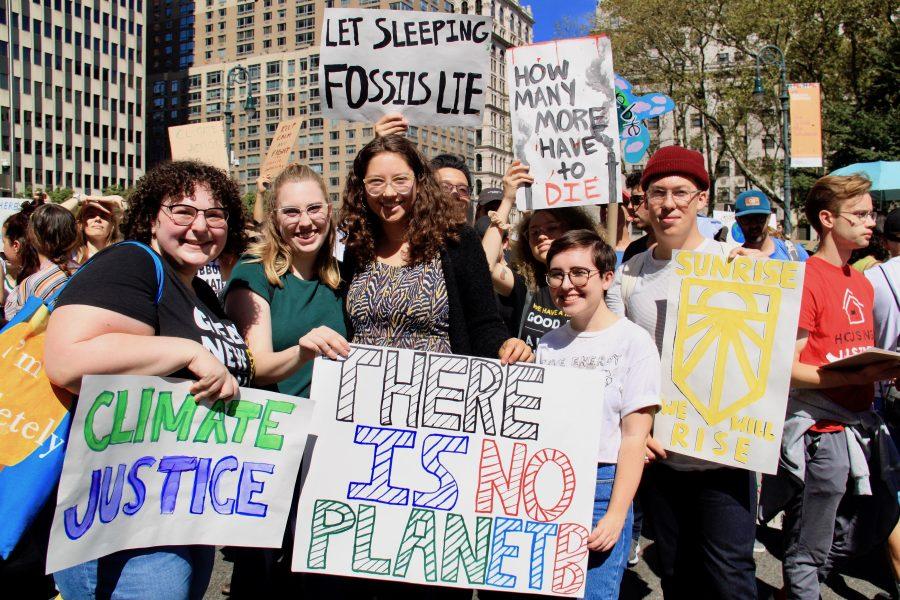A tax on carbon emissions should start drastically higher than traditional climate change models suggest, according to a study published last week by NYU and Columbia University faculty.
“The broader effort here was to use financial-economic tools to analyze climate risk,” co-author of the study and Clinical Associate Professor at NYU Gernot Wagner said.
The U.S. Government has considered a carbon tax to curb emissions, but does not have one currently. The dollar amount of the tax is determined by calculating how much it is worth to reduce carbon and the benefit a tax provides. It compares this with the cost that reducing emissions has on companies’ production to come up with a number that balances the two conflicting interests.
Wagner said that given the significant payoff of the environmental policy, current taxes are not high enough.
“When you analyze the benefit-cost ratio of enacting environmental policies in this country,” Wagner said, “you get a ratio to the tune of 30-to-1, 40-to-1. A high ratio, in this case, isn’t a good thing, it’s a sign of just how far away we are from where we need to be.”
There are hundreds of models to predict the effects of climate change already, but Wagner’s EZ-Climate model, used in the study, is meant to be easier to use than others. The model pairs decades-old risk analysis tools and uncertainty, with climate modeling techniques. It was partially coded by three Tandon School of Engineering graduate students, who sought to make it easier to use. Relatively minor knowledge of the coding language Python is enough to make it work thanks to the students, according to Wagner.
According to his research, even the best-intentioned models recommend policies that are nowhere near radical enough.
“If you simply tally up the known knowns and create a cost-benefit analysis, you get $40 that we should be paying for a ton of CO2 in the atmosphere,” Wagner said. “And this is the accepted number used by the Obama administration. When you take into account that there are, in fact, known unknowns, the number is far higher.”
What this means, in Wagner’s eyes, is previous models did not account for factors that would make the effects of climate change worse and therefore require a higher tax on carbon. Even Wagner’s most conservative estimates show that to avoid the worst effects of climate change, governments should tax every ton of atmospheric carbon dioxide at about $100.
The potentially detrimental effects of climate change Wagner alluded to include a rise in sea levels, more extreme storms and droughts, proliferation of infectious diseases as more favorable climates become common and others that he said would only accelerate the process.
Columbia Professor Dr. Noah Kaufman, who worked in the Obama administration as Deputy Associate Director of Energy and Climate Change at the White House Council on Environmental Quality, said he hopes that research like Wagner’s will move discussions about climate policy in the right direction.
“It’s absolutely critical for economists and policymakers to take account of the full range of possible outcomes if we as a society are to avoid bad or even catastrophic outcomes,” Kaufman said.
Kaufman doesn’t think the EZ-Model will end the debate over how to tax carbon, but he said a lack of scientific consensus is not an excuse for hindering progress.
“There’s no scientific consensus on the optimal safety procedures for automobiles, either,” Kaufman said. “But at some point, people decided too many people were dying [from] car crashes and did something about it.”
Graduate student Lola Jusidman has been a part of NYU Divest since Welcome Week of her first year. She said Wagner’s model is not as original as it is made out to be.
“This is not the first time that a model recommends a carbon price in the hundreds of dollars,” Jusidman said. She said previous carbon tax policies “either […] set a laughably low carbon price, or they are so full of exceptions and loopholes that they have little to no noticeable effect on emissions.”
Jusidman echoed Kaufman’s frustration concerning policy debate without tangible results.
“We can debate the ideal carbon pricing schedule until our hair falls out,” she said. “Or, we can put up a fight to steer this ship in the direction we all know it needs to go. I’m saying we need more help on the latter.”
Email Nick Mead at [email protected].














































































































































